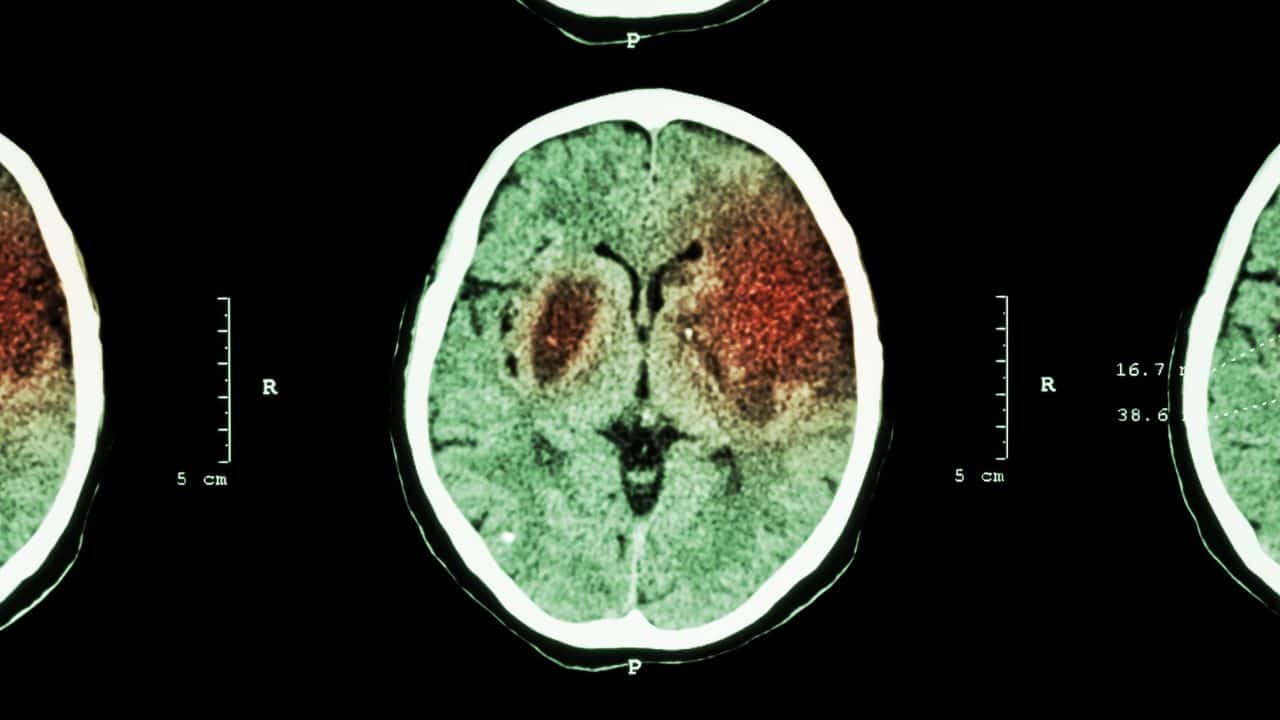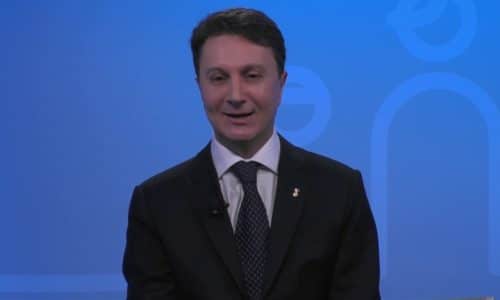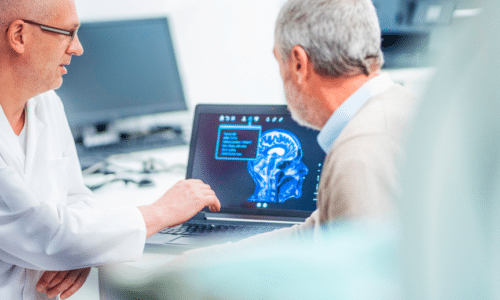Understanding Ischemic and Hemorrhagic Strokes: Causes and Effects |

Strokes, whether ischemic or hemorrhagic, are serious medical emergencies that require immediate attention. In an interview with the Health Channel, Gabriela M. Ortega, Supervisor for Acute Rehabilitation at West Kendall Baptist Hospital, delves into the impact of these two types of strokes on the body and highlights the importance of seeking prompt medical care. Understanding the causes and effects of strokes is crucial in recognizing the signs and symptoms and taking appropriate action.
An ischemic stroke occurs when a clot obstructs the flow of blood to the brain. The brain relies on its arteries to deliver oxygen and vital nutrients to nourish its cells. When a clot hinders this supply, the brain is deprived of what it needs, leading to cell death. Shockingly, this process can occur within minutes, underscoring the urgency of seeking immediate medical attention when stroke symptoms arise. Time is of the essence, and every second counts.
The effects of a stroke can vary from person to person, depending on the specific area of the brain that is affected. The type of stroke itself is less significant in determining the resulting deficits. The damage inflicted on the tissues determines the extent of the impairments experienced by the patient. Paralysis, loss of movement, difficulties with speech and comprehension, swallowing challenges, memory issues, and cognitive impairments are among the potential consequences of a stroke. These deficits can significantly impact an individual’s quality of life.
A hemorrhagic stroke occurs when weakened blood vessels within the brain rupture, causing bleeding. As the bleeding occurs in an enclosed space, such as the brain cavity, pressure builds up and places additional strain on the cells. This increased pressure leads to further damage. In such critical situations, healthcare professionals must make split-second decisions to alleviate the pressure and minimize the harm caused. The treatment approach for a hemorrhagic stroke is distinct from that of an ischemic stroke, emphasizing the importance of accurate diagnosis.
Healthcare professionals who work closely with stroke patients have firsthand experience of the diverse outcomes resulting from these conditions. Each lobe of the brain controls different bodily functions, and the specific cells affected determine the impairments observed. The lack of oxygen and the death of tissues prevent them from performing their intended roles, resulting in paralysis, movement limitations, difficulties with speech and comprehension, swallowing issues, memory impairment, and cognitive challenges. The range of consequences emphasizes the profound impact strokes can have on individuals and their overall well-being.
Ischemic and hemorrhagic strokes pose severe threats to individuals’ health and require immediate medical attention. Understanding the causes and effects of these strokes is crucial for recognizing the signs and symptoms and taking swift action. Prompt medical intervention can help minimize damage and improve outcomes. By spreading awareness about strokes and their potential consequences, we can strive to reduce the impact and provide better support for those affected. Remember, early recognition and prompt medical care can save lives and enhance the recovery process for stroke survivors.
To find out more about strokes and their potential causes, you can check out more videos on strokes on the Health Channel Youtube: https://www.youtube.com/watch?v=ZImzPoyoTRA








